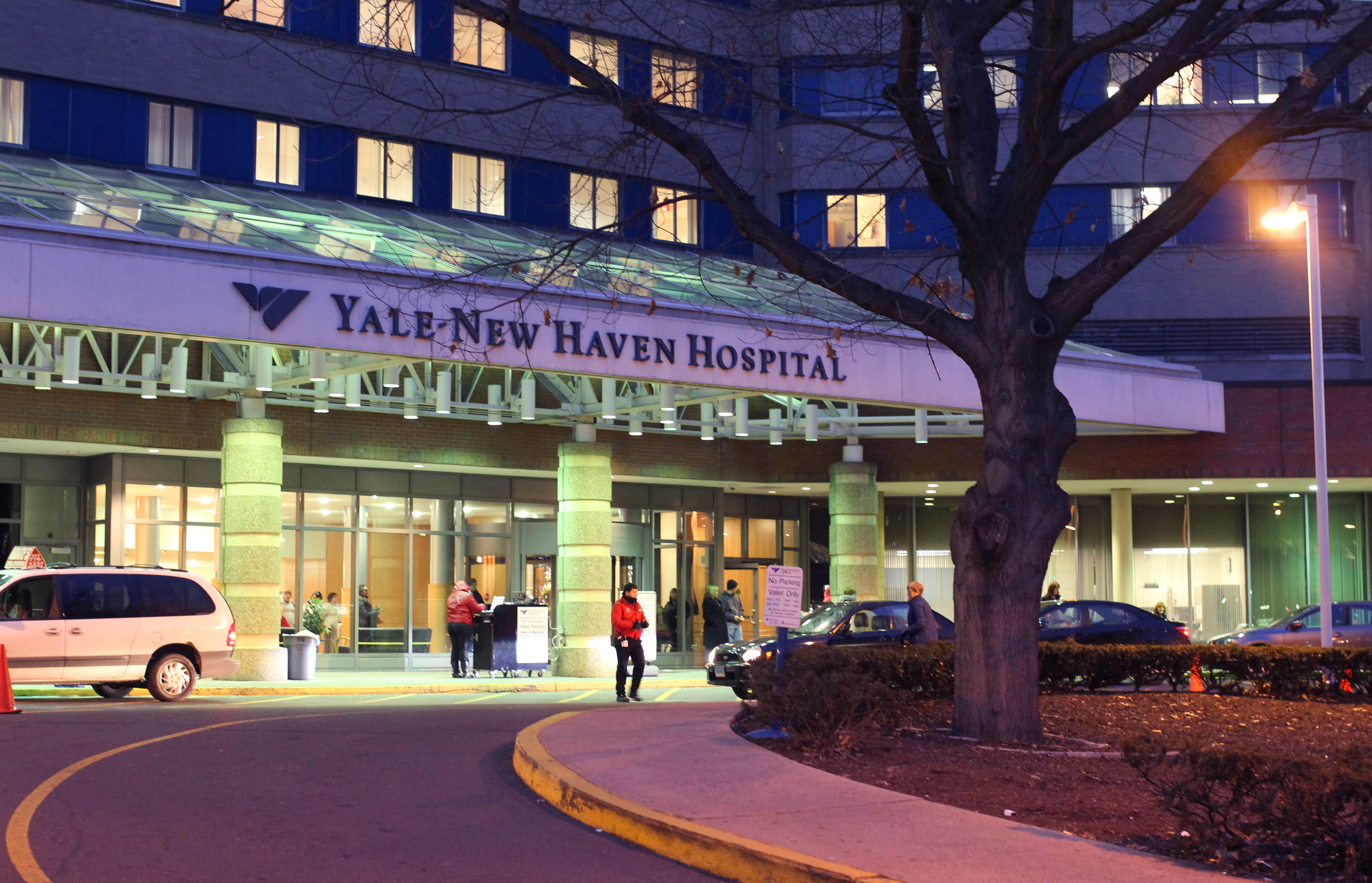
A week after the diagnosis of a Silliman freshman with the rare serogroup B variety of bacterial meningitis, Yale Health has vaccinated approximately 55 members of the Yale community against the strain, according to Director of Yale Health Paul Genecin. No new cases of meningitis have since been reported, and the infected student has been discharged from Yale-New Haven Hospital after receiving treatment, according to the New Haven Health Department.
Genecin announced the availability of the vaccine last Wednesday in a community-wide email. In his message, Genecin also confirmed that the affected student had been diagnosed with the serogroup B strain — a type of meningitis not protected against by the meningitis vaccination required of all Yale students. Known as Bexsero, the vaccine requires two immunizations at least a month apart and is approved by the Food and Drug Administration only for people 25 years of age and younger. It is currently available at Yale Health to all members of the Yale community between 18 and 25 years of age, though the cost is $306 for students who do not have Yale Health Hospitalization/Specialty Care coverage. The more-than-20 individuals whom Yale Health identified as coming in close contact with the infected student also received ciprofloxacin, a type of prophylaxis or antibiotic used to prevent transmission of the disease.
Genecin said the sick student is making a steady recovery and that in general, patients with meningococcal bacteria infection who show satisfactory progress and suffer no complications stay in an inpatient setting for approximately one week. He added that the satisfactory progress of the student has reduced the risk of further cases of meningitis on campus.
“Following effective identification and [treatment with] prophylaxis of close contacts, and with increasing time after the initial case, the risk of additional cases goes down,” Genecin said. “For close contacts, the incubation period is two to 10 days and we are beyond that point. However, there is always a low but real risk of outbreak of meningococcal disease in any dorm or dining hall living situation such as that of college students.”
Colleen O’Connor, special assistant to the director of the New Haven Health Department, said the department had reacted cautiously to the meningitis case at Yale by working with the University to investigate the case and maintaining contact with the Connecticut Department of Public Health on the issue.
She said the strain of meningitis diagnosed at Yale was not as easily transmitted as more common infectious diseases such as influenza and the common cold, adding however, that college students were sometimes at increased risk of contracting the disease.
“While meningococcal disease is rare, college students, particularly college freshmen living in communal settings, appear to be at higher risk than the general population,” O’Connor said. “The symptoms of bacterial meningitis typically develop within three to seven days after exposure.”
Louise-Marie Dembry, professor of infectious diseases and epidemiology at the Yale School of Medicine, said a single case of meningitis on campus does not constitute an outbreak, and that 95 percent of meningitis cases are sporadic, posing minimal risk to the community.
She said the disease spreads from close contact with the infected individual, such as between roommates and family members, or direct contact with the individual’s saliva. She added that outbreaks of the disease — usually defined as occurrences of three or more cases of the same strain within three months — are rare.
“Outbreaks of meningococcal infection are not common,” she said. “Managing the risk includes vaccination — newer vaccines covering meningitis group B are now, and have been, used in managing outbreaks — early presentation if one is ill and follow-up of close contacts for prophylaxis.”







